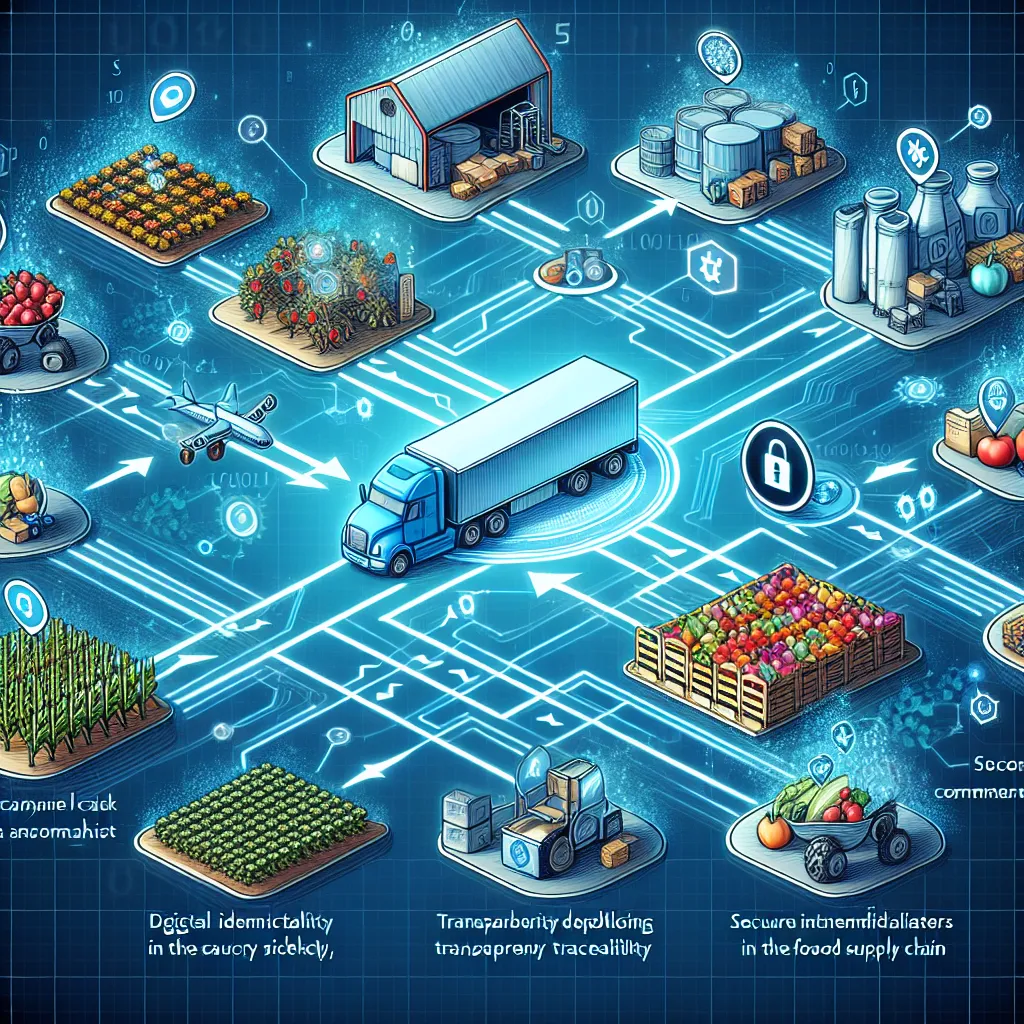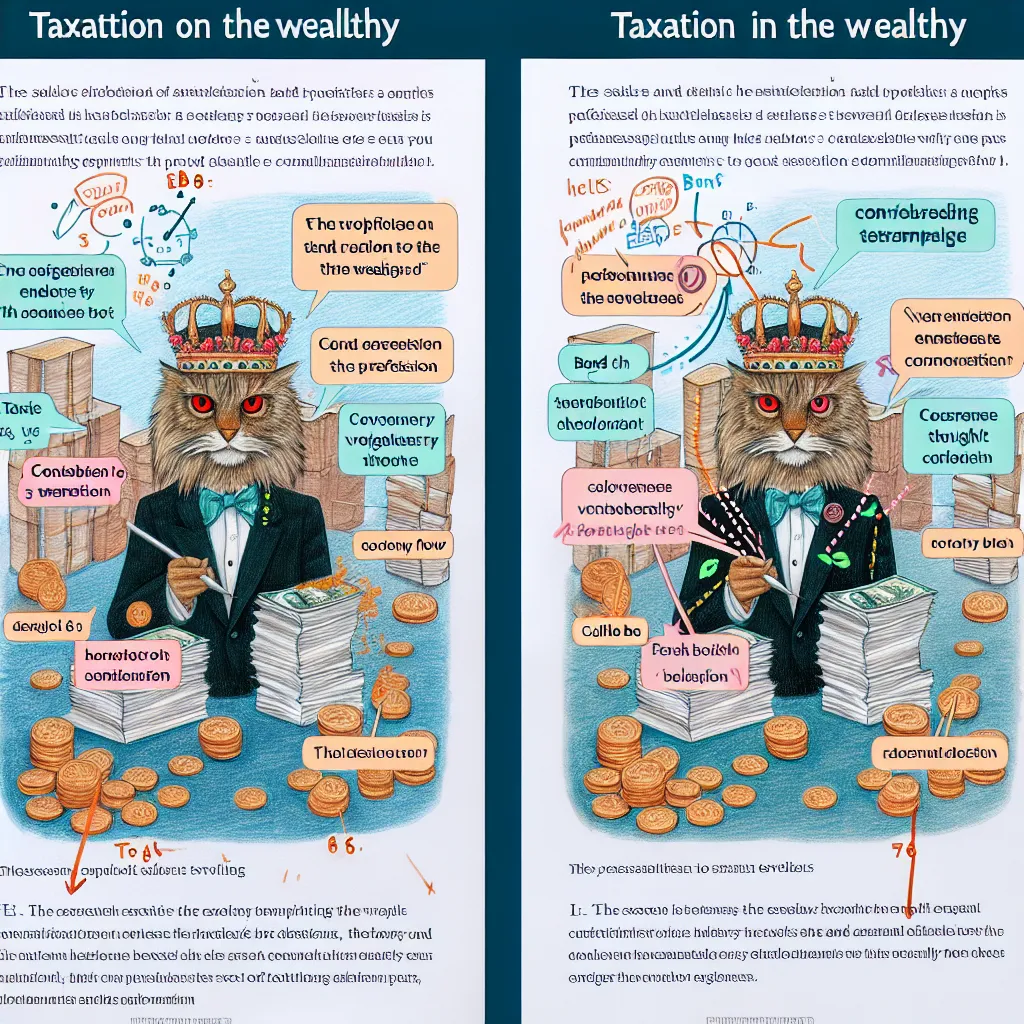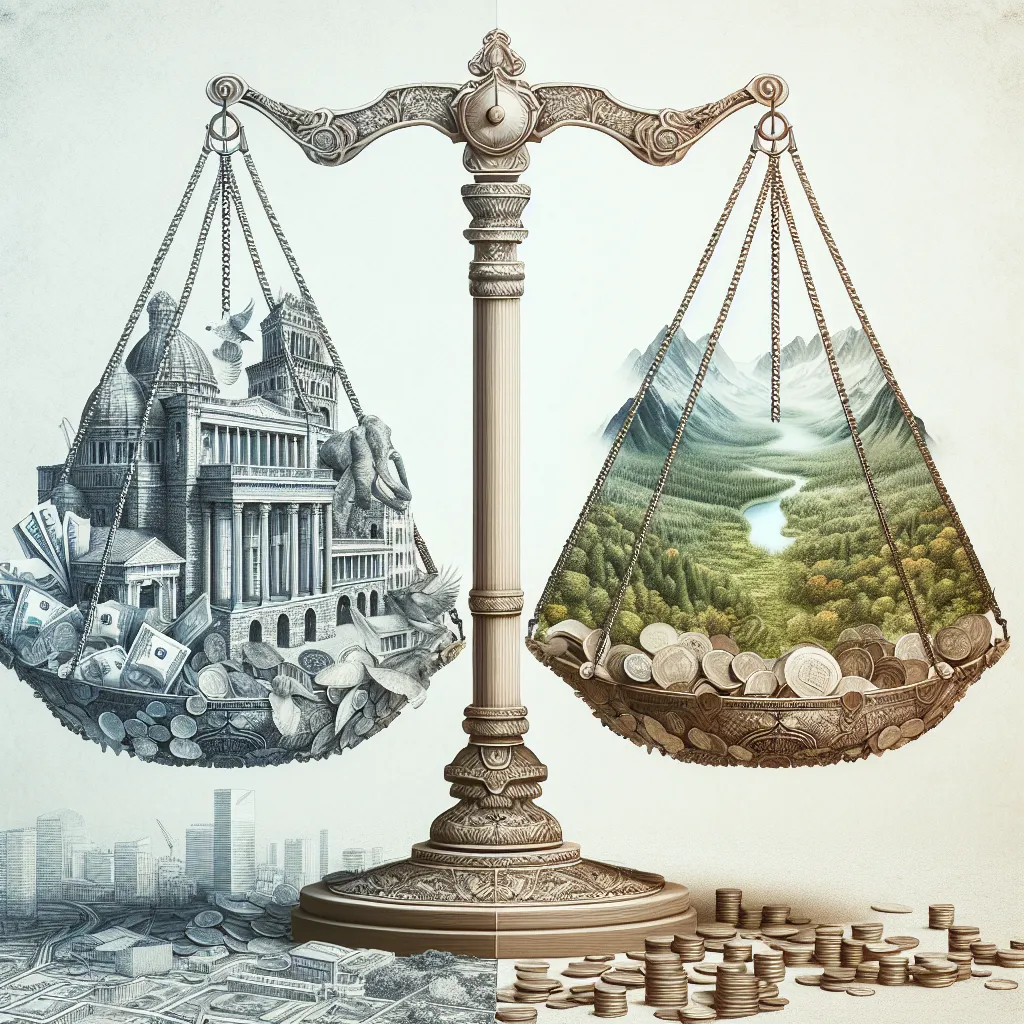Food waste is a pressing global issue, and the application of digital technologies to combat this problem has become an increasingly popular topic in IELTS Writing Task 2. Based on recent trends and the relevance of this subject, it’s highly likely that questions related to digital solutions for food waste reduction will continue to appear in future IELTS exams. Let’s explore this topic in depth, focusing on a specific question that has been known to appear in recent IELTS tests.
Nội dung bài viết
Some people say that digital technologies can help reduce food waste. To what extent do you agree or disagree?
Analyzing the Question
This question requires candidates to consider the role of digital technologies in reducing food waste. It’s an agree/disagree essay type, which means you need to clearly state your position and support it with relevant examples and explanations. The key aspects to address are:
- The potential of digital technologies in reducing food waste
- Specific examples of how these technologies can be applied
- Any limitations or counterarguments to consider
Sample Essay 1 (Band 8-9)
Digital technologies have revolutionized numerous aspects of our lives, and their potential to address the global issue of food waste is undeniable. I strongly agree that these technologies can play a pivotal role in reducing food waste, offering innovative solutions across the entire food supply chain.
One of the most significant ways digital technologies can help reduce food waste is through improved inventory management systems. Advanced software utilizing artificial intelligence and machine learning algorithms can accurately predict demand, optimize stock levels, and reduce overordering. For instance, supermarkets can use these systems to track sales patterns and adjust their orders accordingly, minimizing the likelihood of fresh produce spoiling before it can be sold.
Moreover, mobile applications have emerged as powerful tools for connecting consumers with surplus food. Apps like Too Good To Go and Olio allow restaurants, cafes, and individuals to list excess food items at discounted prices or for free, ensuring that edible food reaches consumers rather than landfills. This not only reduces waste but also fosters a sense of community and resource sharing.
In the agricultural sector, Internet of Things (IoT) devices and sensors are revolutionizing crop management. These technologies enable farmers to monitor soil conditions, crop health, and weather patterns in real-time, allowing for precise irrigation and harvesting schedules. This level of precision significantly reduces crop losses due to over or under-watering, pest infestations, or harvesting at suboptimal times.
Blockchain technology is another digital innovation with the potential to reduce food waste significantly. By providing a transparent and immutable record of a food product’s journey from farm to table, blockchain can help identify inefficiencies in the supply chain, reduce spoilage during transportation, and enhance food safety protocols. This increased transparency can also build consumer trust and encourage more responsible consumption patterns.
 Blockchain in Food Supply Chain
Blockchain in Food Supply Chain
While the potential of digital technologies in reducing food waste is vast, it’s important to acknowledge that their successful implementation requires widespread adoption and proper infrastructure. However, as these technologies become more accessible and user-friendly, their impact on food waste reduction is likely to grow exponentially.
In conclusion, digital technologies offer a multifaceted approach to tackling food waste, from improving supply chain efficiency to empowering consumers to make more sustainable choices. As these technologies continue to evolve and integrate into our food systems, their role in reducing waste will become increasingly crucial in our efforts to create a more sustainable future.
(Word count: 396)
Essay Analysis
This essay demonstrates several key features that contribute to its high band score (8-9):
- Clear position: The writer clearly agrees with the statement in the introduction.
- Coherent structure: Each paragraph focuses on a specific technology or application, providing a logical flow of ideas.
- Specific examples: The essay includes concrete examples of technologies (e.g., AI for inventory management, mobile apps like Too Good To Go, IoT devices in agriculture, blockchain for supply chain transparency).
- Advanced vocabulary: The writer uses sophisticated vocabulary appropriate to the topic (e.g., “pivotal role,” “immutable record,” “suboptimal times”).
- Complex sentence structures: The essay includes a mix of simple and complex sentences, demonstrating linguistic flexibility.
- Cohesive devices: Appropriate use of linking words and phrases (e.g., “Moreover,” “While,” “In conclusion”) enhances the essay’s coherence.
- Balanced argument: The essay acknowledges potential limitations in the penultimate paragraph, showing a nuanced understanding of the topic.
Sample Essay 2 (Band 6-7)
I agree that digital technologies can help reduce food waste to a large extent. These technologies offer many ways to solve the problem of wasting food, which is a big issue in many countries.
One way digital technologies can help is by using smart systems in supermarkets and restaurants. These systems can track how much food is being sold and help managers order the right amount of food. This means less food will go bad before it can be sold or used. For example, a supermarket can use a computer program to see which vegetables are selling fast and which are not, so they can order more of the popular ones and less of the others.
Another helpful technology is food-sharing apps. These apps let people or businesses with extra food connect with people who need food. This is good because food that might have been thrown away can be given to someone who can use it. Many cities now have these apps, and they are becoming more popular.
Farmers can also use digital technologies to reduce waste. Special sensors can tell farmers about the soil and weather, so they know exactly when to water their crops and when to harvest them. This means fewer crops will be damaged by bad weather or picked at the wrong time.
However, there are some problems with using digital technologies to reduce food waste. Not everyone knows how to use these technologies, especially older people or those in poor areas. Also, some of these technologies can be expensive to set up and use.
In conclusion, I believe digital technologies are very helpful in reducing food waste. They offer many solutions, from helping businesses manage their food better to connecting people who have extra food with those who need it. While there are some challenges, the benefits of using these technologies to reduce food waste are significant.
(Word count: 309)
Essay Analysis
This essay demonstrates features that place it in the Band 6-7 range:
- Clear position: The writer agrees with the statement, which is evident from the introduction.
- Relevant ideas: The essay provides several examples of how digital technologies can reduce food waste.
- Basic structure: The essay has a clear introduction, body paragraphs, and conclusion.
- Some specific examples: The writer mentions food-sharing apps and sensors for farmers, though they could be more detailed.
- Appropriate vocabulary: The language used is generally appropriate for the topic, though not as sophisticated as in the Band 8-9 essay.
- Mixed sentence structures: The essay uses both simple and compound sentences, showing some range in structure.
- Basic cohesive devices: The writer uses some linking words (e.g., “Another,” “However,” “In conclusion”), but they could be more varied.
- Acknowledgment of limitations: The essay briefly mentions some challenges, showing some critical thinking.
To improve this essay and potentially reach a higher band score, the writer could:
- Provide more specific examples and details
- Use more advanced vocabulary and complex sentence structures
- Expand on the counterarguments and limitations
- Improve the overall coherence and cohesion of the essay
Key Vocabulary for IELTS Writing on Digital Technologies and Food Waste
-
Inventory management (noun) /ˈɪnvənˌtɔːri ˈmænɪdʒmənt/: The process of ordering, storing, and using a company’s inventory.
-
Artificial intelligence (AI) (noun) /ˌɑːrtɪˈfɪʃl ɪnˈtelɪdʒəns/: The simulation of human intelligence in machines that are programmed to think and learn like humans.
-
Internet of Things (IoT) (noun) /ˌɪntərnet əv ˈθɪŋz/: The interconnection of computing devices embedded in everyday objects, enabling them to send and receive data.
-
Blockchain (noun) /ˈblɒktʃeɪn/: A system of recording information in a way that makes it difficult or impossible to change, hack, or cheat the system.
-
Supply chain (noun) /səˈplaɪ tʃeɪn/: The network between a company and its suppliers to produce and distribute a specific product to the final buyer.
-
Sustainable (adjective) /səˈsteɪnəbl/: Able to be maintained at a certain rate or level without depleting natural resources or causing severe ecological damage.
-
Optimization (noun) /ˌɒptɪmaɪˈzeɪʃn/: The action of making the best or most effective use of a situation or resource.
-
Precision agriculture (noun) /prɪˈsɪʒn ˈægrɪkʌltʃər/: A farming management concept using digital techniques to monitor and optimize agricultural production processes.
-
Food redistribution (noun) /fuːd ˌriːdɪstrɪˈbjuːʃn/: The practice of gathering surplus food from retailers and redistributing it to those in need.
-
Traceability (noun) /ˌtreɪsəˈbɪləti/: The ability to track the movement of food through specified stages of production, processing, and distribution.
Conclusion
The topic of using digital technologies to reduce food waste is highly relevant in today’s world and likely to appear in future IELTS Writing Task 2 exams. To prepare effectively, practice writing essays on related themes such as:
- The role of technology in sustainable agriculture
- The impact of mobile apps on consumer behavior regarding food waste
- The challenges of implementing digital solutions in developing countries to address food waste
Remember to structure your essays clearly, use specific examples, and demonstrate a range of vocabulary and sentence structures. Feel free to share your practice essays in the comments section below for feedback and further discussion. This active practice will significantly enhance your writing skills and prepare you for success in the IELTS Writing Task 2.


